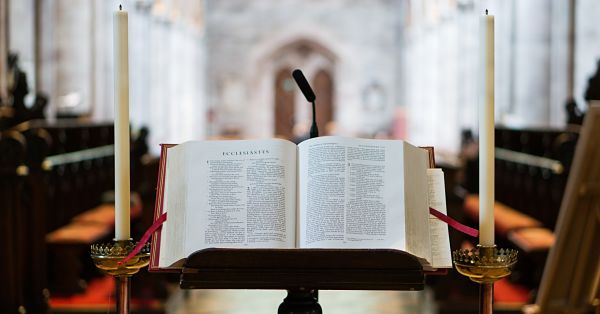 When I was a child, I would roll the dice and then count the dots. One day I did not. I could see three and know “3.” It was not even the shape on the die, but “3.” Teacher could put three dots on the board in any pattern and “3” came to me.
When I was a child, I would roll the dice and then count the dots. One day I did not. I could see three and know “3.” It was not even the shape on the die, but “3.” Teacher could put three dots on the board in any pattern and “3” came to me.
Don’t take that for granted.
The number 1 exists, but is immaterial. You cannot show “1,” though you can count one object. The reality of numbers is so great that my teacher needed only to give a pile of Popsicle sticks (in different colors!) and counting, addition, and subtraction “came to me.” They had me memorize math facts with a recording, but was just rote. When the recording said “One and one is . . . beep.” I was to say “two” after the beep. The recording would confirm my answer immediately. This was not learning. If a person had placed one object in front of me and then another, I would have counted and found two. I did not “get” 1+1 being 2, just knew the sound to make after the beep to please my teacher.
One day I got it and whether it was Popsicle sticks, coins, or dots on a die, I knew. My experience of the world drew something out of me that if it had not been there could not have been taught. Language learning and our ability to translate from one language to another also suggests deep innate knowledge. We seem to divide the world up in such similar ways that we can understand each other even if we are from widely disparate cultures. As a small child, I could learn “table” and without being able to define table could sit at the table. I did not confuse “table” with “attached table parts” or there would have been no correcting me! Plato used these examples to argue for innate knowledge and thought there are other explanations, Plato’s convinces me. Far from blank slates at birth, we have a deep operating system that allows a poet like Shakespeare to create and the rest of us to grasp what he says.
I got thinking about this, because an excellent student asked me:
What do you have to say about the difference between innate and learned knowledge and about the difference between knowledge itself and the capacity for knowledge? That has implications for how we view the world as learners and teachers.
If Plato is right, then the most important “learning” is bringing out what fully functioning human have hardwired in our minds. Socrates could sit with a young man and help him learn by doing, talking, and thinking. We also can use that innate knowledge to explore the world and learn facts, measure, and create. This capacity to use the tools we have with us from our birth can be aided by a good teacher: she brings out the innate and teaches how to use the innate tools of learning. Teachers should use exploration more than rote and discussion more than lecturing. Reasoning, the ability to think well, needs to be brought forth and guided, but we are not facing unthinking beings at any stage of education. The tools of learning can never be truly lost, because we have them within us. We must learn to apply them by learning scientific methods, discovering logical laws, and practicing reasoning with skilled guides.
Having helped us grasp when we already have, then the teacher must help us become skillful. You can have the tools of learning without being able to use them! Creativity is paramount as we seek those who can take the basic truths that under-gird the cosmos and make goodness and beauty with these truths. Truth leads to truths, deep reality (mathematics, God, ideas) brings forth dependent realities (sculpture, music, literature, technological applications of science).
Everyone who reminds us of what we know and compels us to use it in our lives is a teacher.
————————-
*The remarkable chair of the Honors Program had some questions for me based on my book When Athens Met Jerusalem. If I get to them all, there are twenty-two questions. Here is: 1, 2, 3, 4, 5, 6, 7, 8, 9.











